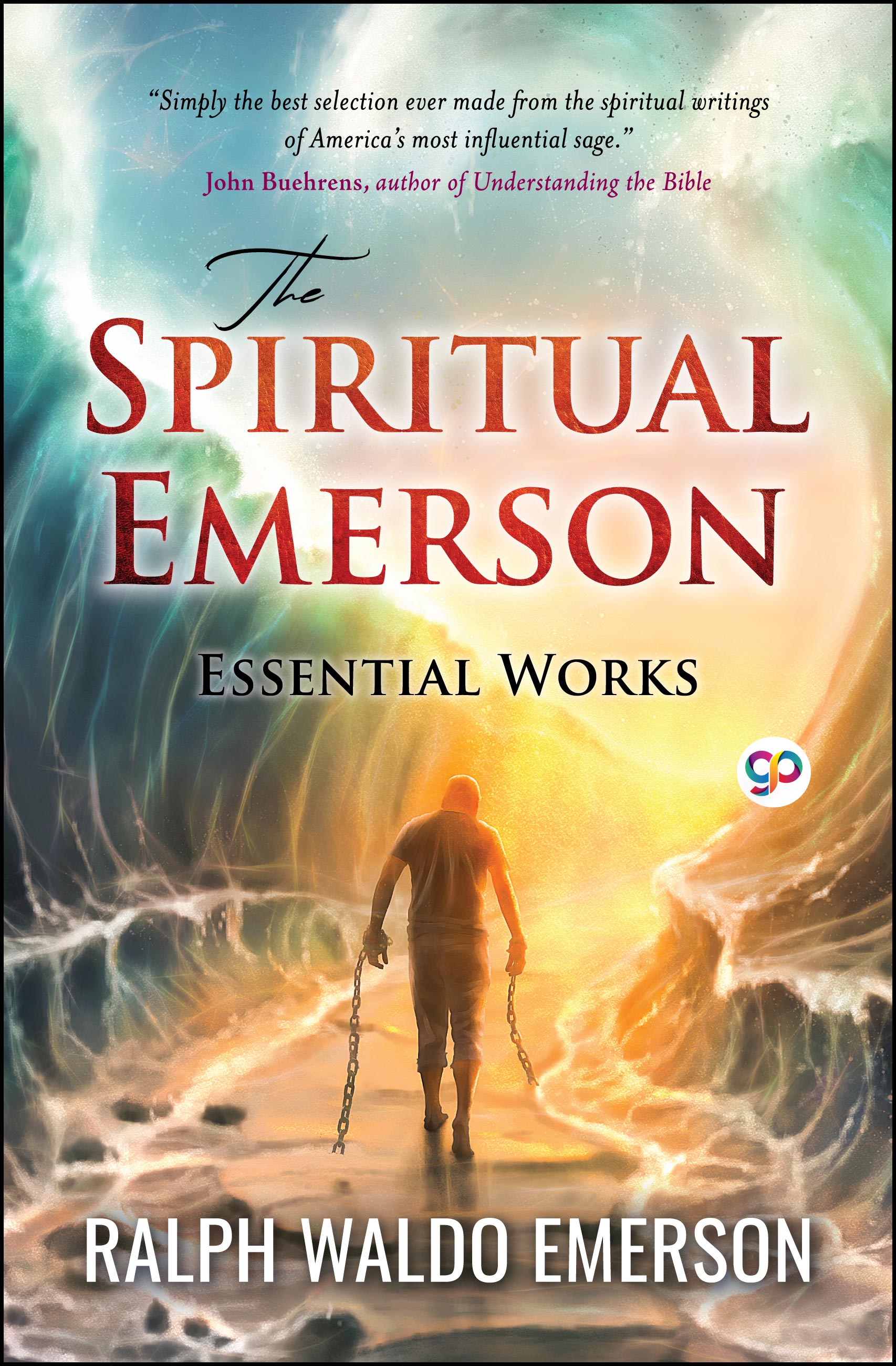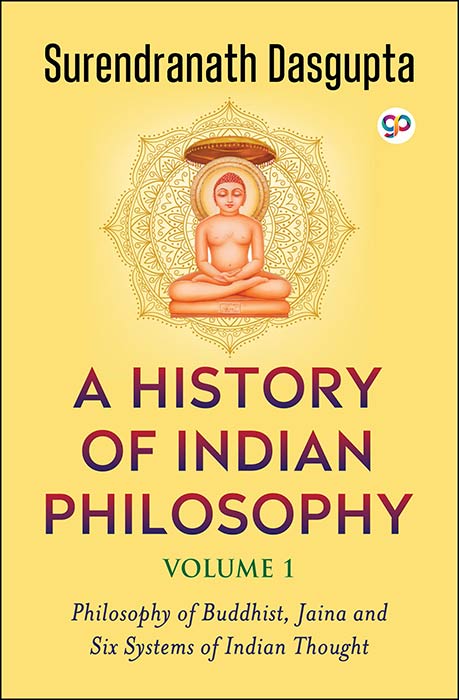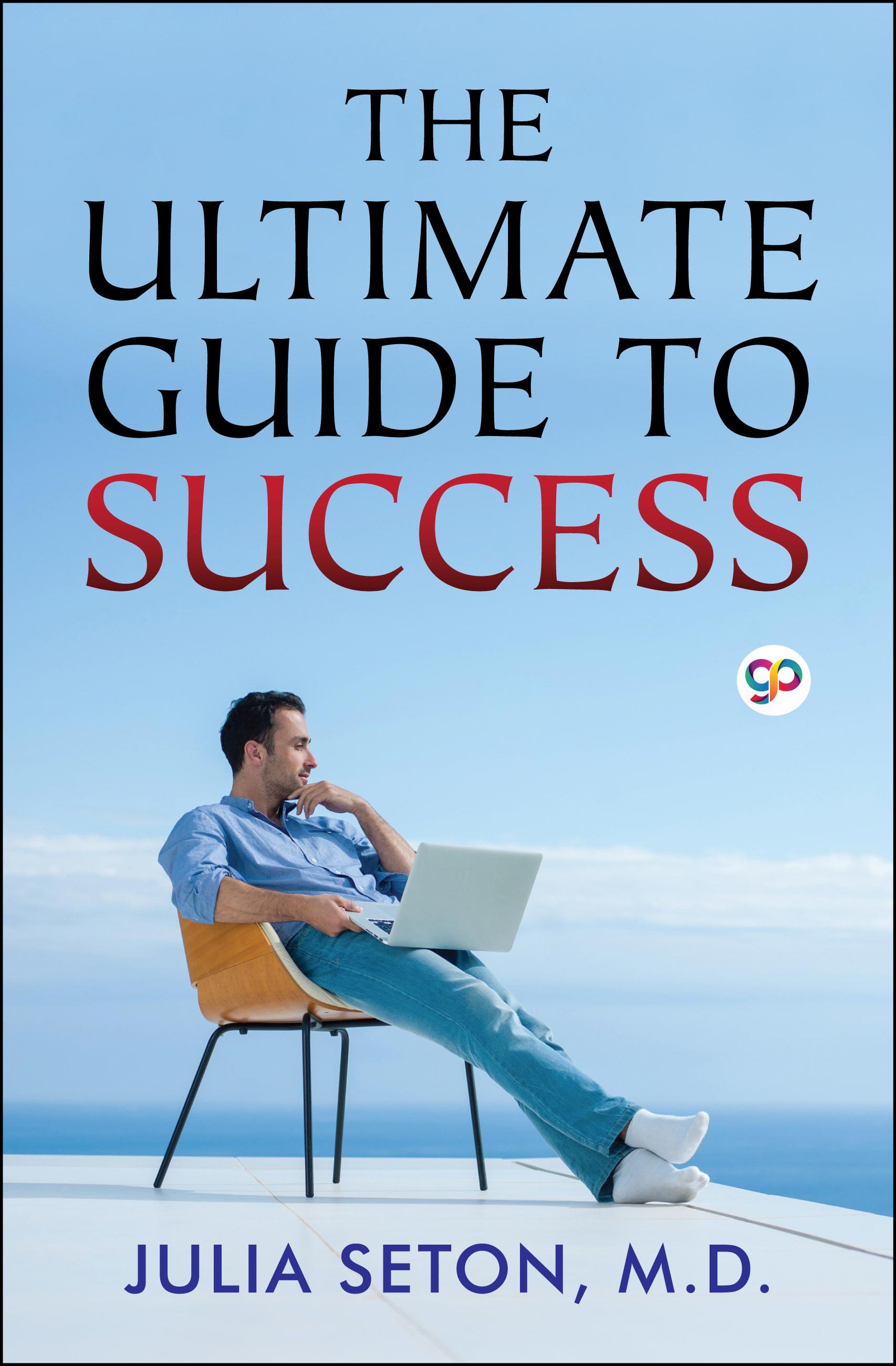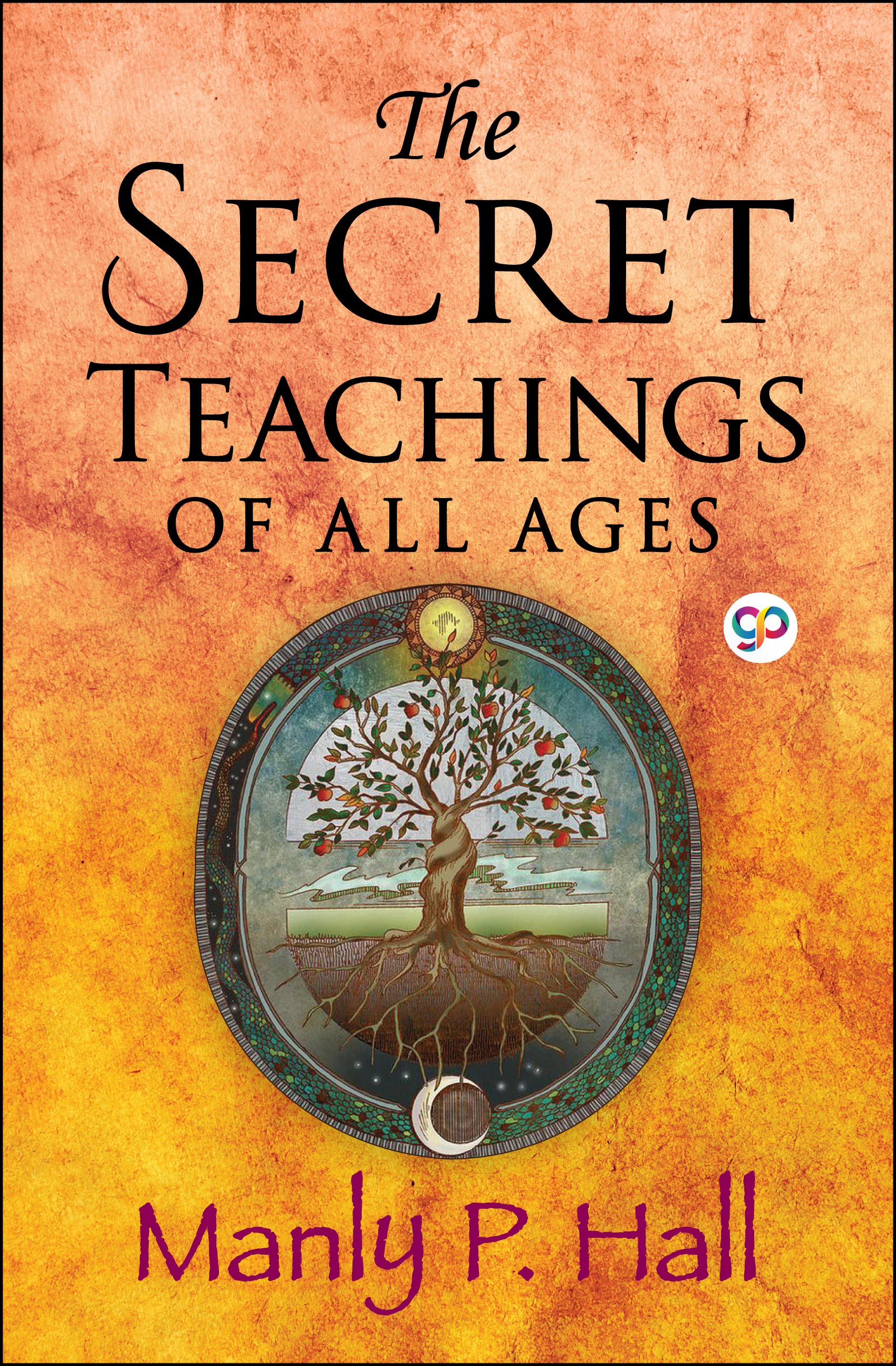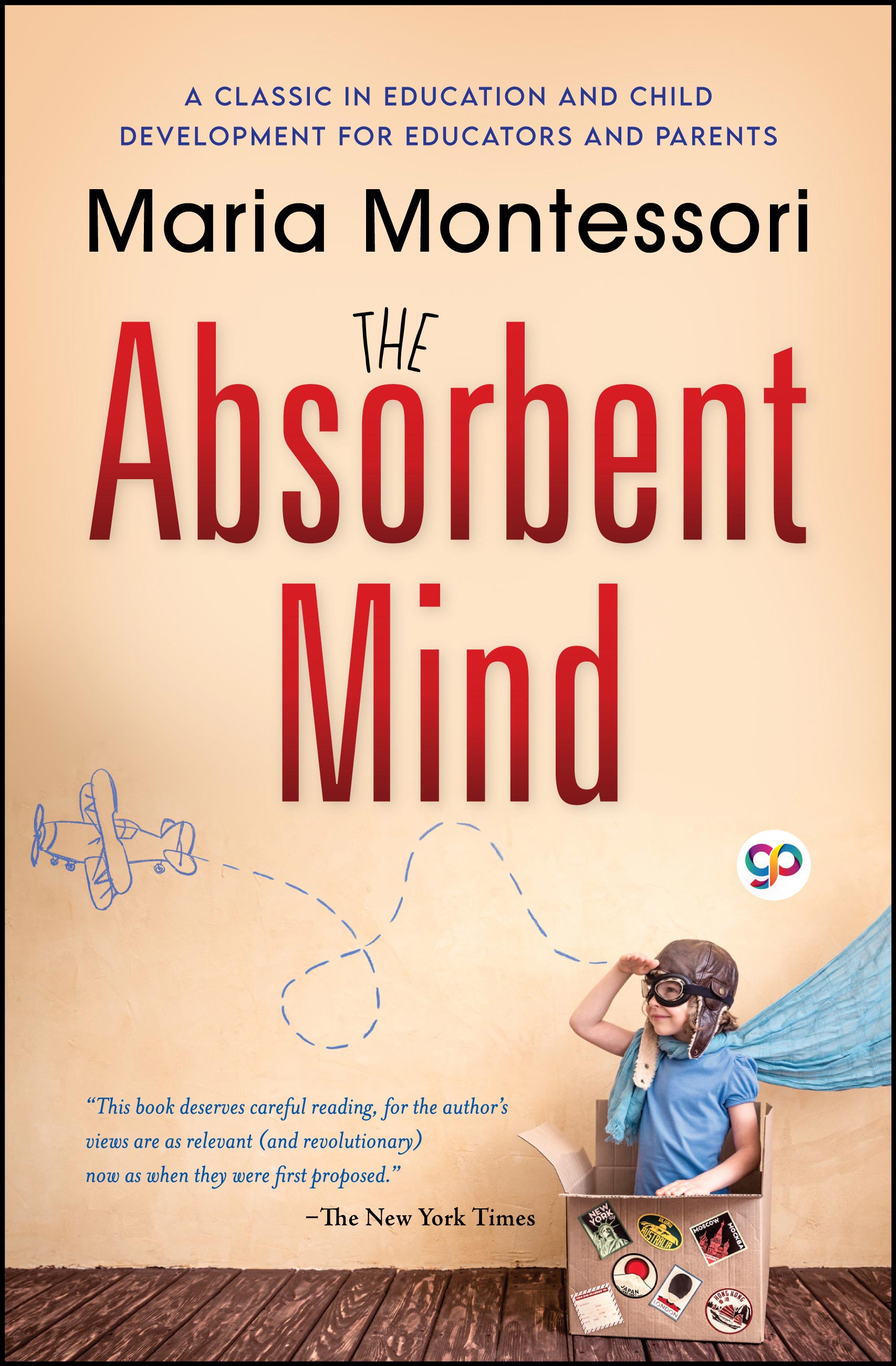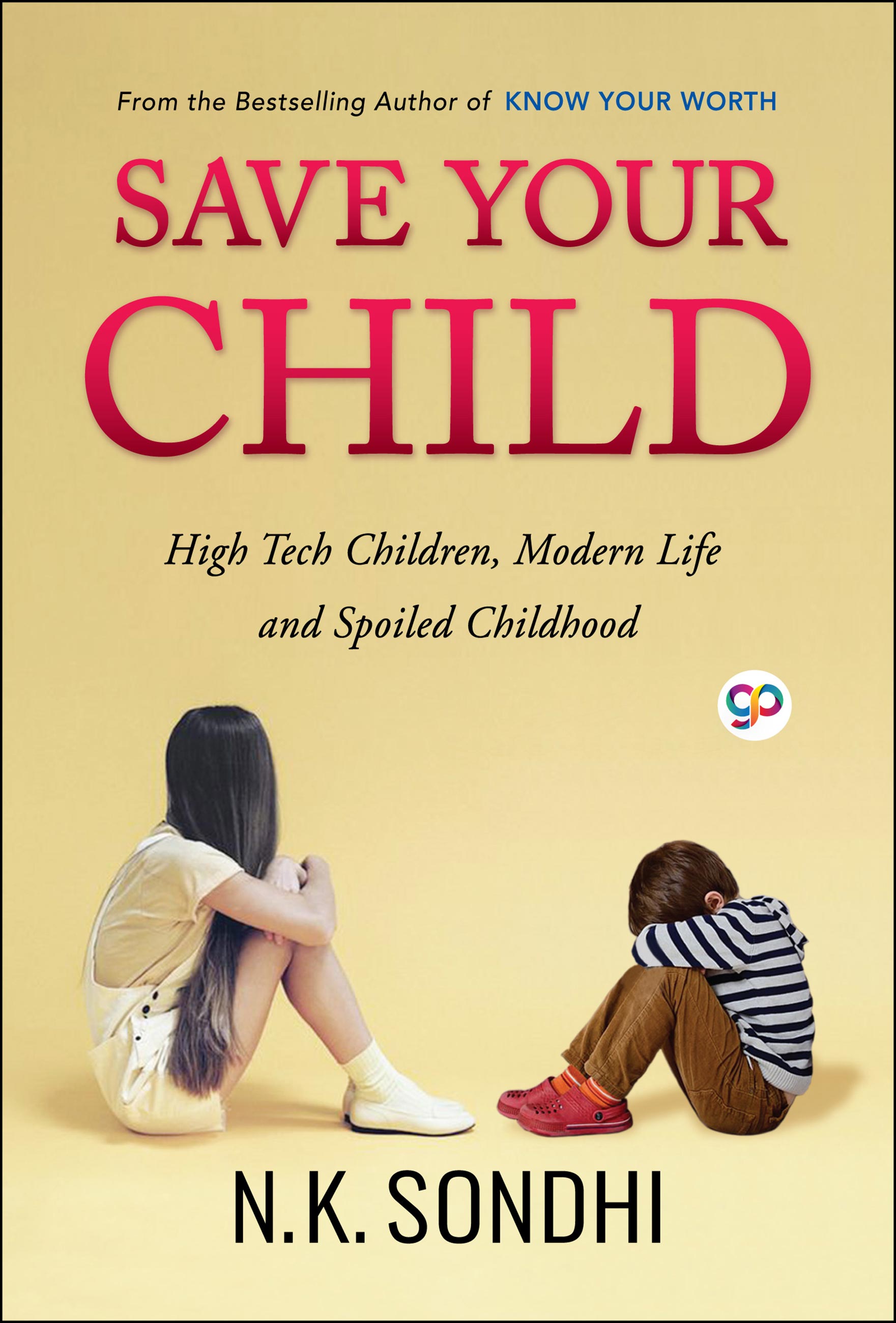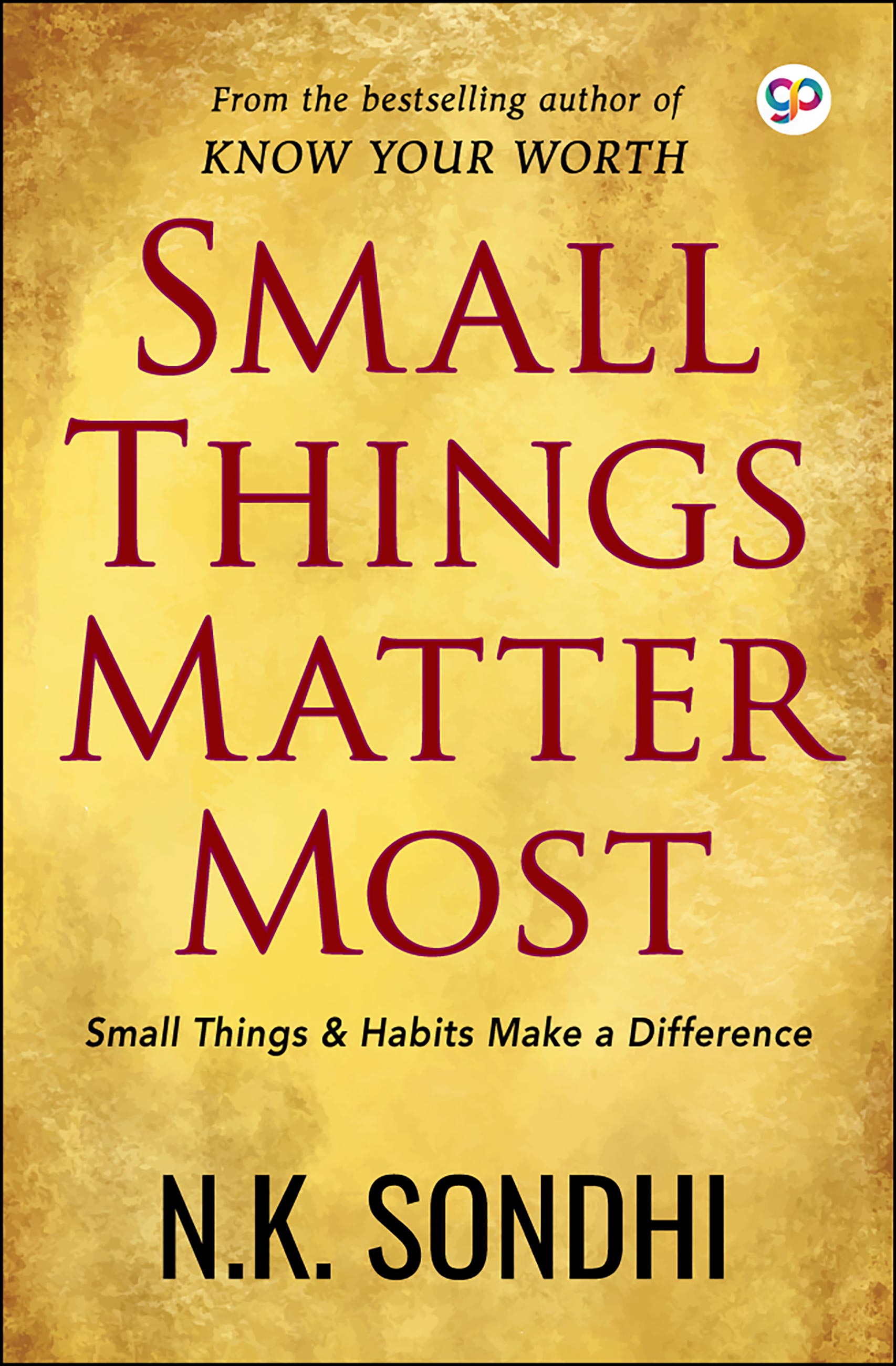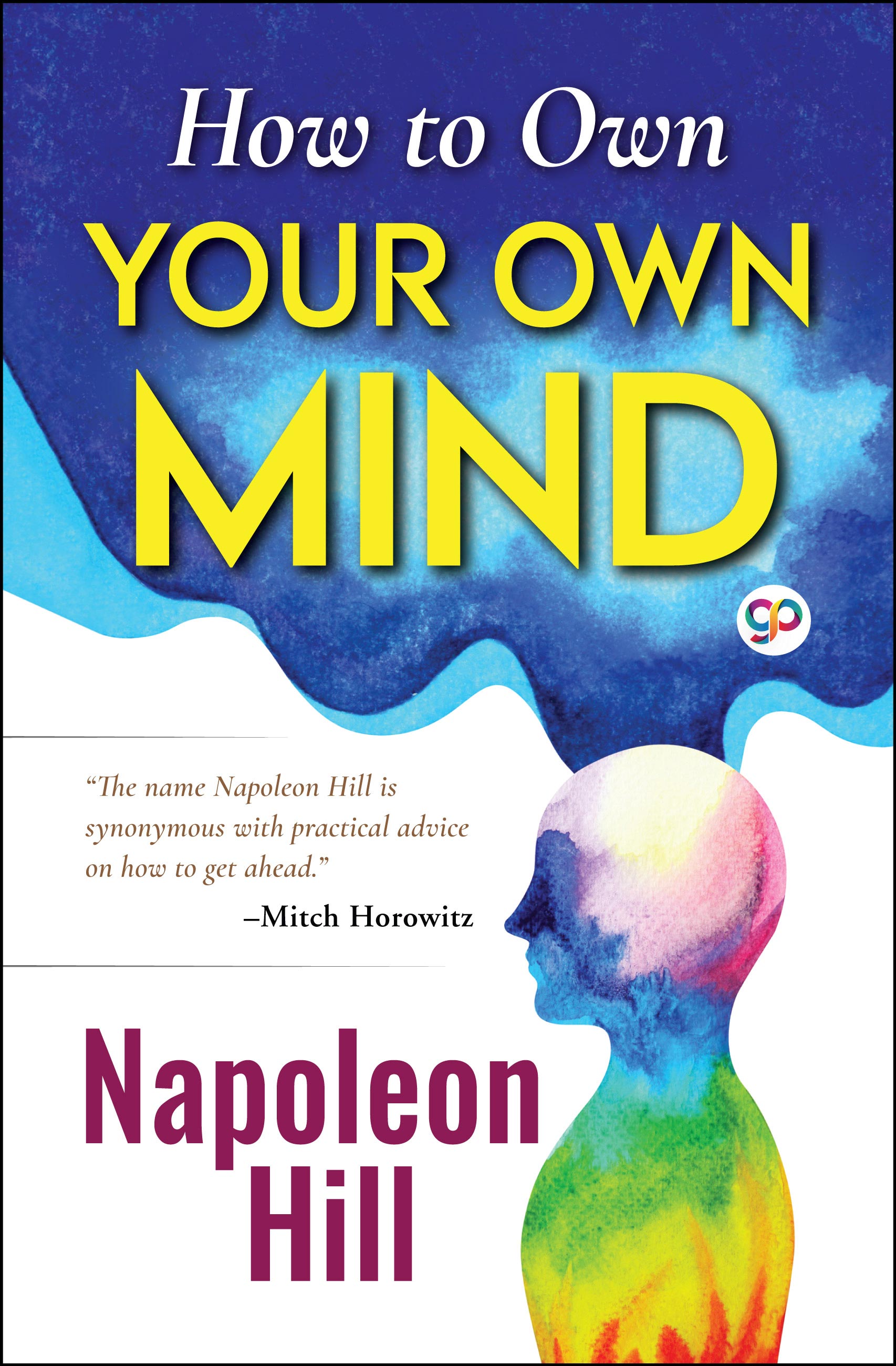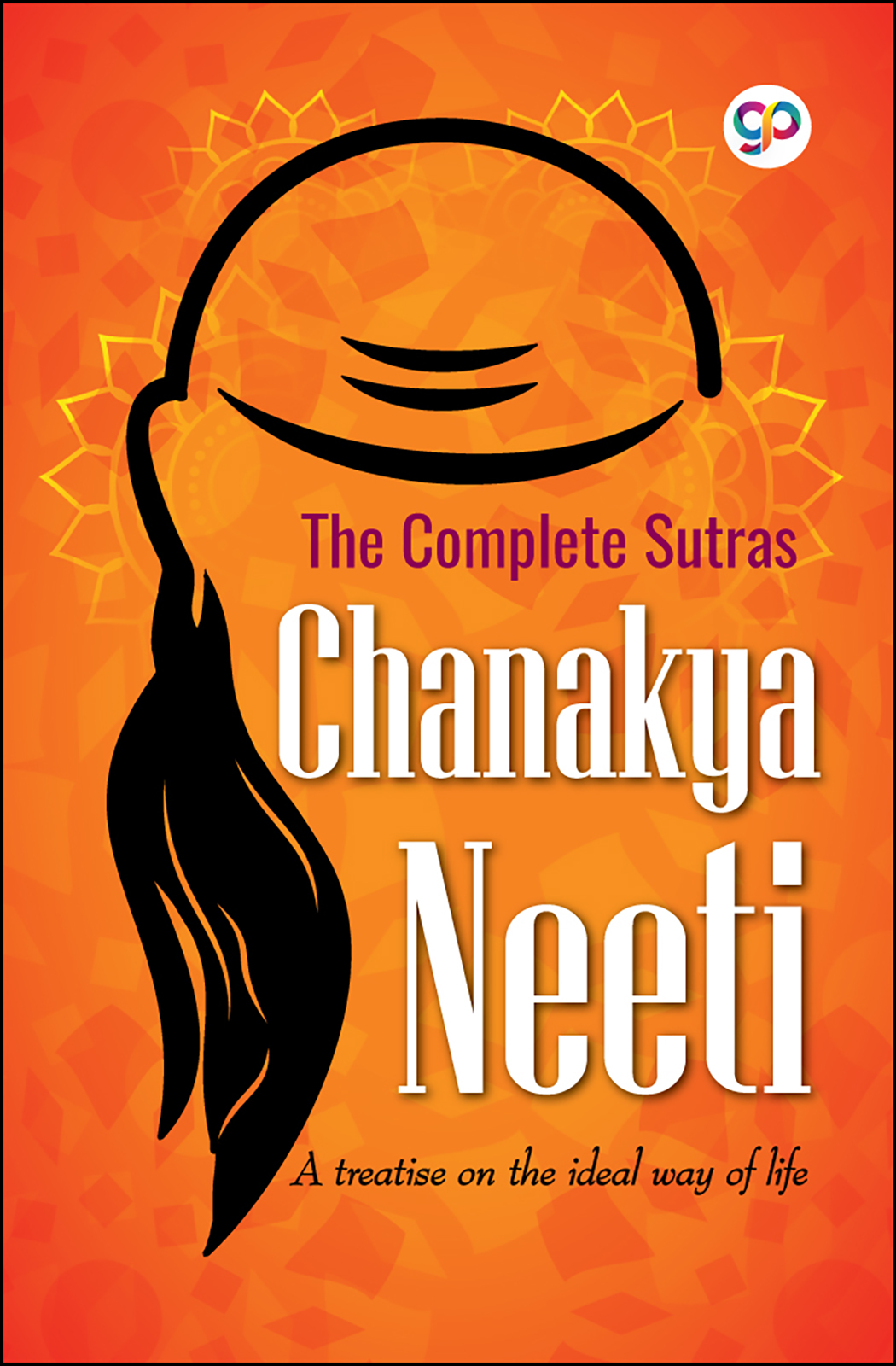
Chanakya Neeti (Paperback)
Chanakya Neeti' is a treatise on the ideal way of life and shows Chanakya’s deep study of the Indian way of life. Chanakya is regarded as a great thinker and diplomat in India. The book portrays about his ideologies and ideas in diverse situations, which are pertinent even to today’s times. The topics discussed in this book are morality, ethics, governance and several others.
Chanakya, traditionally known as Kautilya or Vishnu Gupta, was an Indian teacher, philosopher, economist, jurist and royal advisor. He wrote the ‘Arthashastra’, an ancient Indian political treatise. Considered a pioneer in the field of Political Science and Economics in India, his works, lost towards the end of the Gupta Empire, were fortunately rediscovered in 1915. He played a crucial role in the establishment and expansion of the Mauryan Empire.
BEST SELLERS
About the Author
Chanakya, traditionally known as Kautilya or Vishnu Gupta, was an Indian teacher, philosopher, economist, jurist and royal advisor. He wrote the Arthashastra, an ancient Indian political treatise. Considered a pioneer in the field of Political Science and Economics in India, his works, lost towards the end of the Gupta Empire, were fortunately rediscovered in 1915. He played a crucial role in the establishment and expansion of the Mauryan Empire.
Read Sample
Chapter 1
1
Humbly bowing down before the almighty Lord Sri Vishnu, the Lord of the three worlds, I recite maxims of the science of political ethics (niti) selected from the various scriptures (shaastras).
2
That man who by the study of these maxims from the shaastras acquires a knowledge of the most celebrated principles of duty, and understands what ought and what ought not to be followed, and what is good and what is bad, is most excellent.
3
Therefore, with an eye to the public good, I shall speak that which, when understood, will lead to an understanding of things in their proper perspective.
4
Even a pandit comes to grief by giving instruction to a foolish disciple, by maintaining a wicked wife, and by excessive familiarity with the miserable.
5
A wicked wife, a false friend, a saucy servant and living in a house with a serpent in it are nothing but death.
6
One should save his money against hard times, save his wife at the sacrifice of his riches, but invariably one should save his soul even at the sacrifice of his wife and riches.
7
Save your wealth against future calamity. Do not say, "What fear has a rich man, of calamity?" When riches begin to forsake one even the accumulated stock dwindles away.
8
Do not inhabit a country where you are not respected, cannot earn your livelihood, have no friends, or cannot acquire knowledge.
9
Do not stay for a single day where there are not these five persons—a wealthy man, a brahmin well versed in Vedic lore, a king, a river and a physician.
10
Wise men should never go into a country where there are no means of earning one's livelihood, where the people have no dread of anybody, have no sense of shame, no intelligence, or a charitable disposition.
12
He is a true friend who does not forsake us in time of need, misfortune, famine, or war, in a king's court, or at the crematorium (shmashaan).
13
He who gives up what is imperishable for that which is perishable, loses that which is imperishable; and doubtlessly loses that which is perishable also.
14
A wise man should marry a virgin of a respectable family even if she is deformed. He should not marry one of a low-class family, through beauty. Marriage in a family of equal status is preferable.
15
Do not put your trust in rivers, men who carry weapons, beasts with claws or horns, women, and members of a royal family.
16
Even from poison extract nectar, wash and take back gold if it has fallen in filth, receive the highest knowledge (Krsna consciousness) from a low born person; so also a girl possessing virtuous qualities (stri-ratna) even if she were born in a disreputable family.
17
Women have hunger two-fold, shyness four-fold, daring six-fold, and lust eight-fold as compared to men.
Chapter 2
1
Untruthfulness, rashness, guile, stupidity, avarice, uncleanliness and cruelty are a woman's seven natural flaws.
2
To have ability for eating when dishes are ready at hand, to be robust and virile in the company of one's religiously wedded wife, and to have a mind for making charity when one is prosperous are the fruits of no ordinary austerities.
3
He, whose son is obedient to him, whose wife's conduct is in accordance with his wishes, and who is content with his riches, has his heaven here on earth.
4
They alone are sons who are devoted to their father. He is a father who supports his sons. He is a friend in whom we can confide, and she only is a wife in whose company the husband feels contented and peaceful.
5
Avoid him who talks sweetly before you but tries to ruin you behind your back, for he is like a pitcher of poison with milk on top.
6
Do not put your trust in a bad companion nor even trust an ordinary friend, for if he should get angry with you, he may bring all your secrets to light.
7
Do not reveal what you have thought upon doing, but by wise counsel keep it secret, being determined to carry it into execution.
8
Foolishness is indeed painful, and verily so is youth, but more painful by far than either is being obliged in another person's house.
9
There does not exist a pearl in every mountain, nor a pearl in the head of every elephant; neither are the sadhus to be found everywhere, nor sandal trees in every forest.
[Note: Only elephants in royal palaces are seen decorated with pearls (precious stones) on their heads].
10
Wise men should always bring up their sons in various moral ways, for children who have knowledge of niti-shaastra and are well behaved become a glory to their family.

